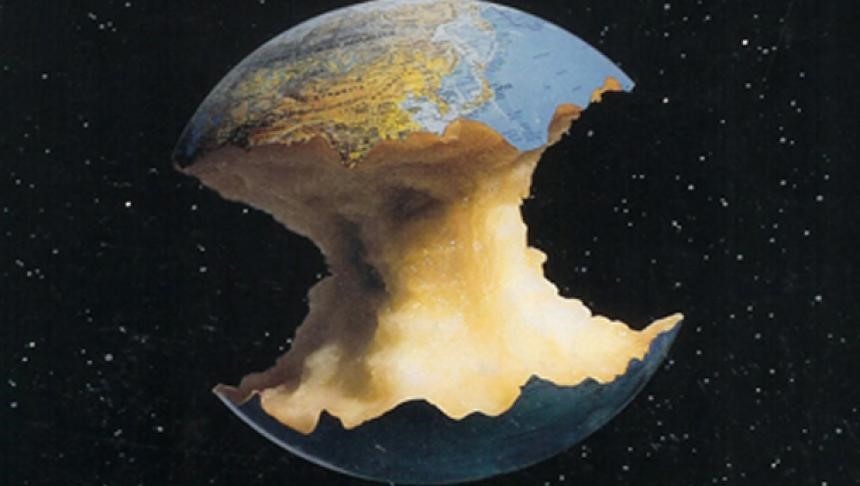Monday, August 8, all the resources the planet was able to regenerate by the end of the year will run out, according to a calculation made by Global Footprint Network, an NGO dealing with environmental protection. Since that time to December 31, humanity will live on credit, writes Le Figaro. People have reached this threshold for the first time on 19 December 1987.
A statement signed by two of the largest environmental organizations in the world, Global Footprint and World Wide Fund for Nature announces that water, livestock, fish and crop resources the Earth is capable of producing by the end of this year will be depleted on August 8.
In 2015, the day when mankind began to live on credit was August 13th and environmental activists have calculated that in 2030 renewable resources will be depleted on June 28.
“To cover the consumption, we need 1.6 planets at the moment”, says the statement of the two organizations. “The cost of this overconsumption is already visible: water scarcity, desertification, soil erosion, decreased agricultural productivity and fisheries resources, deforestation and extinction of animal species”, says the same source.
According to environmentalists, in this situation, emissions of carbon dioxide have the biggest influence on the earth’s degradation. CO2 represents “60% of the global ecological footprint” that people leave, according to Global Footprint.
In the last 46 years, the day when Earth’s natural resources have been depleted came increasingly earlier. In 1970, it was calculated for December 23rd. Then November 3rd 1980, October 13th 1990, October 4th 2000, September 3rd 2005 and August 20th 2014.
In 2013, the World Wide Fund for Nature (WWF) estimated that to meet the needs of humanity more than one planet and a half would be needed; at the moment, 1.6 planets is needed. By 2050, even two planets would be needed. Population growth and private consumption are the main reasons for this situation.
This balance sheet could be mitigated by the contribution of each inhabitant: for example, by eating a smaller amount of meat, by making fewer trips by plane or by buying more energy-efficient electronic devices, says WWF.
Earth Overshoot Day is calculated by the Canadian nonprofit organization Global Footprint Network, who also created the “ecological footprint” concept.
Comparing the surface of the planet to the number of its inhabitants, the result is a land area needed to ensure the necessary resources and to neutralize the waste generated by our consumption. Thus, is calculated the ecological footprint (ecological footprint), an index that measures the pressure humanity exerts on ecosystems.
According to WWF, Romania has one of the smallest ecological footprints in the European Union (EU), the equivalent of 1.7 planets. Canada, the countries of the Scandinavian Peninsula, Russia, the Baltic States, Australia, most of South America and some countries in Africa can be classified as “creditors”, as their biocapacity is 150% higher than their ecological footprint.
2018 is expected to be a record year for the global warming
Last year were the highest temperature ever recorded on earth, as well as unprecedented rise in sea levels and carbon dioxide emissions, partly because of El Nino, but also because of melting glaciers. The conclusions are comprised in a study published yesterday “State of the Climate”, based on the work of 450 scientists.
The annual report issued by the US National Oceanic and Atmospheric Administration shows that the world is currently 1 degree Celsius warmer than in pre-industrial times and mostly causes are greenhouse pollution related, according to Reuters.
Meanwhile, NASA climatologists, quoted by France Presse, talk about overcoming temperature record this year, because the first six months of 2016 were by far the warmest in history.








